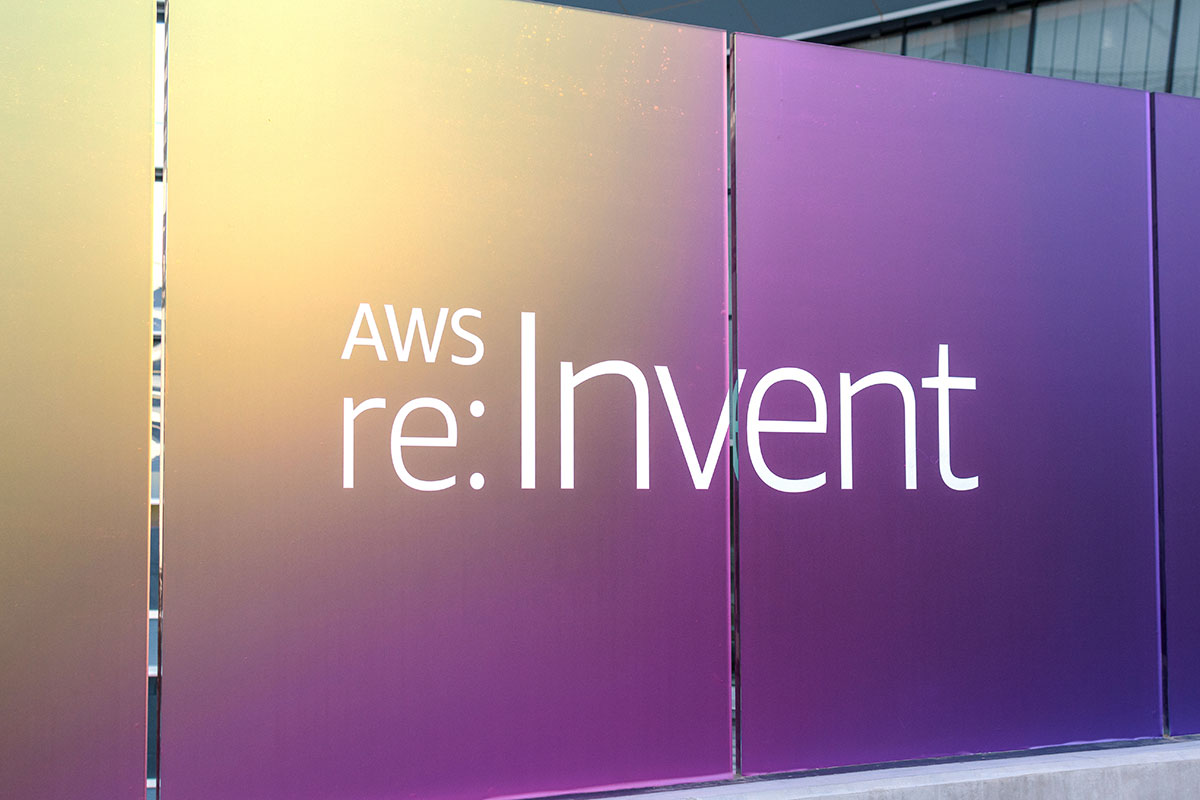
Optimizing Costs with AWS: Why Every Business Should Consider It

In today’s cloud-driven world, businesses often overspend on cloud services due to unused resources or over-provisioned capacities. Public cloud spending waste reached 32% in 2022, up from 30% in 2021, and continued to rise to 33% in 2023. While eliminating wasteful spending entirely isn’t feasible, even a small reduction can free up funds for critical needs.
Why Cost Optimization Matters in AWS
Cost optimization is crucial for maintaining performance, security, and reliability without overspending. AWS offers robust cost optimization strategies to reduce expenses while ensuring efficient workloads. With AWS’s vast array of services and flexible pricing options, managing costs becomes streamlined without compromising performance.
Also read: AWS re:Invent 2024: What to Expect?
Common Causes of Cloud Spending Waste
- Mismanagement of Cloud Resources: Idle, unused, or over-provisioned resources significantly contribute to waste.
- Complex Pricing and Unpredictable Spending: Cloud pricing complexity makes accurate expense forecasting difficult.
- Lack of Transparency and Accountability: Without clear visibility and accountability, teams may overspend.
- Extensive Service Options: AWS’s over 200 services require careful selection to avoid unnecessary costs.
Best Practices for AWS Cost Optimization
- Right Sizing: Select instance types based on resource needs. Evaluate CPU, RAM, storage, and network usage to scale down without impacting performance.
- Increasing Elasticity: Use resources only when needed and shut them down during off-hours. AWS Auto Scaling helps schedule workloads, saving up to 65%.
- Choosing the Right Pricing Model: Evaluate reserved instances for long-running workloads. AWS offers on-demand, reserved, and spot instances for cost-effective options.
- Eliminating Unused Assets: Remove unused assets like unattached EBS volumes or obsolete snapshots. Avoid paying for unused resources.
- Moving Rarely Accessed Data to Low-Cost Tiers: Use Amazon S3’s storage classes like S3 Intelligent-Tiering, S3 Infrequent Access, and S3 Glacier for cost optimization.
- Fostering a Culture of Transparency: Encourage transparency and accountability in cloud usage. Understand who is spending what and why to make cost-effective decisions.
Also Read: AWS LZAP Cloud Computing: Enhancing Performance and Security
Choosing Cost-Effective AWS Services
Selecting the most cost-efficient AWS services can lead to significant savings:
- Amazon EC2 vs. AWS Lambda for Compute Needs: EC2 is ideal for consistent, long-running compute capacity. For event-driven or intermittent usage, Lambda charges only for compute time consumed, eliminating idle costs.
- Amazon RDS vs. Amazon DynamoDB for Databases: RDS is suitable for relational databases but involves managing instances. DynamoDB offers a pay-per-request pricing model for highly scalable applications, which can be more economical.
- Amazon S3 Standard vs. S3 Intelligent-Tiering for Storage: S3 Standard is excellent for frequently accessed data. For unpredictable access patterns, S3 Intelligent-Tiering automatically moves data to cost-effective tiers.
- AWS Elastic Load Balancing (ELB) vs. Amazon API Gateway for Load Balancing: ELB distributes traffic across EC2 instances. For microservices or serverless architecture, API Gateway provides cost-efficient API management.
Optimizing AWS Data Engineering Services
Choose the right data engineering services for cost efficiency:
- AWS Glue: Ideal for ETL processes, fully managed and serverless, cost-effective for batch data processing.
- Amazon EMR: Suitable for big data processing with Hadoop and Spark, more cost-effective than on-premises solutions.
- AWS Lambda: Perfect for event-driven data processing, significantly cheaper than running EC2 instances continuously.
Also Read: Applying Quantum Computing and AI in Healthcare and Financial Services
Conclusion
Cost optimization is vital for managing your AWS environment effectively. By understanding AWS’s pricing models, utilizing the right tools, and implementing best practices, you can maximize your investment and drive significant savings. Cost optimization requires regular monitoring and adjustments to ensure a healthier bottom line and efficient cloud infrastructure. These strategies help businesses harness AWS’s full potential while keeping costs under control, making it a compelling choice for organizations of any industry or background.
Also read: Unleashing the Power of Generative AI with Amazon Bedrock
Also read: Infrastructure as Code in the Hybrid Cloud: Unlocking Efficiency and Trust
Also read: Optimizing AWS Glue Efficiency: Enhancing Performance with File Consolidation Strategies




